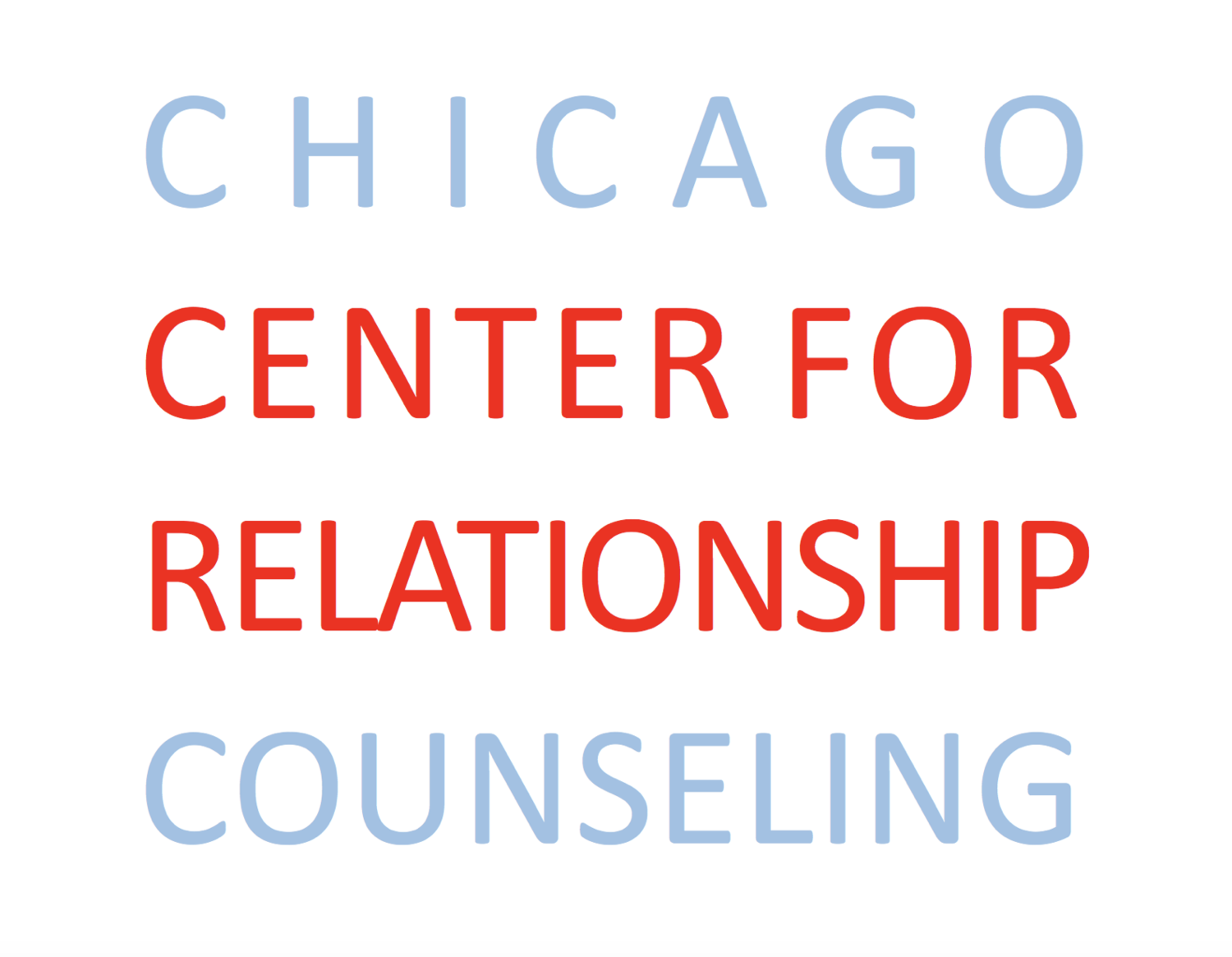I happen to know a great three year old boy, and like all three year olds, there are days when it seems like everything is a challenge. It may be the weather forcing him inside while it rains, the fact that he skipped his nap the day before, or that he really wanted PB&J for lunch but got stuck with a turkey sandwich. These are the days with inevitable meltdowns: tears, screaming, stomping of feet. It seems like nothing can console him in those moments.
Only, this three year old is lucky because he learned a trick. He learned that when he's this upset, he can breathe deeply into his belly for a minute or two, and then he feels calm. Once he's calm, he is a little better at explaining why he is so upset and asking for what he needs. He is also more open to accepting advice and help that is offered to him (perhaps he really does need that nap!).
This is what we call emotion regulation. The ability to recognize that our emotions are spiraling out of control, and the ability to pause and soothe ourselves. We can use our thoughts and physical bodies (breathing, exercising, etc.) to calm ourselves down.
As adults, many of us never learned how to regulate our emotions. How many of us have also struggled to hold it together on days when the weather is bad, we didn't get enough sleep, and things just don't seem to be going our way? Sometimes, I don't feel like I handle the world much better than my three year old friend!
Perhaps our parents never learned how to regulate their emotions, so we did not get the best model for doing it ourselves. Or we may have learned skills that helped us to cope with emotions as children or teenagers that just aren't serving us well in adulthood. The good news is that we can learn about our emotions and build skills to be better at self-soothing.
Try it out yourself this week. When you are feeling stressed or overwhelmed with emotion, practice pausing and breathing deeply into your belly. Focus a bit longer on the exhale, so that your "out" breath lasts a two-three seconds longer than your "in" breath. A minute or two of this breathing will leave you feeling calmer (and you might even realize that a nap could do you good!)



